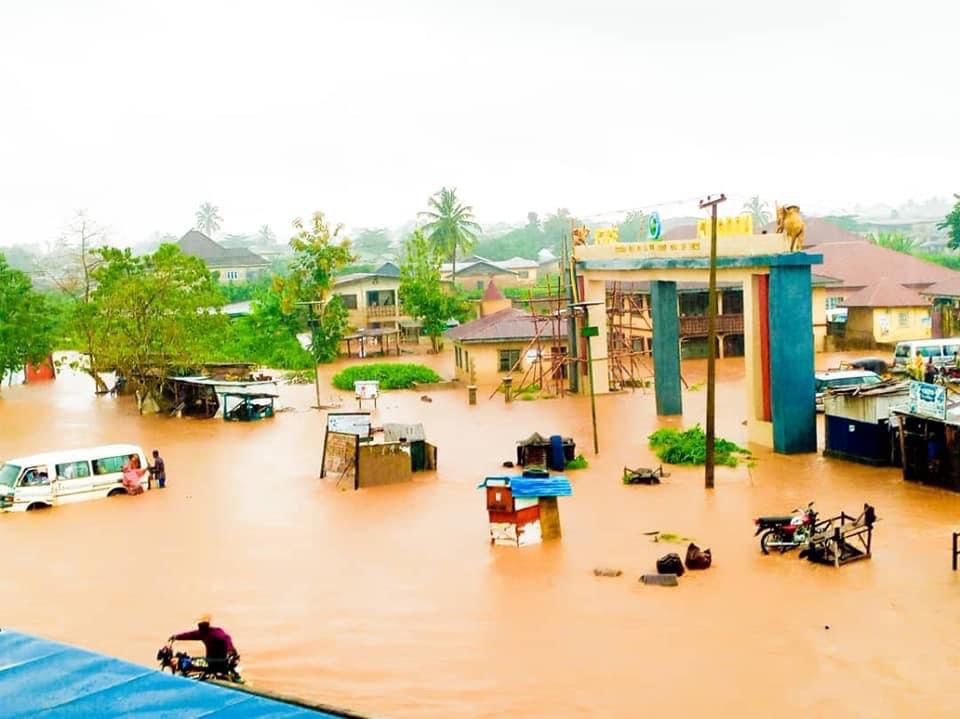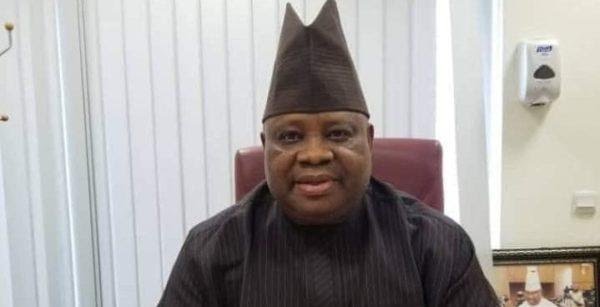Power Supply Gets Major Boost Worth N701 Billion
Power supply, which stands at 4,000 megawatts, is set for a major boost.
The Federal Executive Council (FEC) yesterday approved N701 billion Power Assurance Guarantee for the Nigeria Bulk Electricity Trading (NBET)—to ensure a better supply of gas to the power plants. This will in turn improve power supply.
One of the major problems of the sector has been the lack of gas for power plants and the complaints about access to funding by the Generating Companies.
Minister of Power, Works and Housing Babatunde Fashola announced the FEC approval after yesterday’s meeting chaired by Acting President Yemi Osinbajo.
With him at the briefing were Minister of Information Lai Mohammed and Minister of Agriculture Audu Ogbeh.
Fashola said the Central Bank of Nigeria (CBN) facility will guarantee payment for the evacuation of power produced by Generating Companies (GenCos) for the national grid.
It will be drawn monthly to tackle the GenCos liquidity challenges.
NBET will pay GenCos, which have been unable to pay their gas suppliers, in arrears of electricity generated as a deliberate step to boost their confidence and that of intending investors in the sector.
Fashola said: “You will recall that a few weeks back we announced the approval of council for early works for the second Niger Bridge. That bridge at some time was part of a PPP initiative. You will also recall that at the same time, some private agreements were signed to build the Lagos-Ibadan express way.
“The first memo is to brief council on the PPP status of those infrastructure projects and present options to government, which was essentially that where those PPPs are having problems, government must lead and finance the infrastructure while continuing to engage the private sector. Government remains committed to ?having private participation in infrastructure renewal.
“But government, as a matter of strategy; thinks that it can continue until financial closures, agreements and all of that are put in place when PPPs become ready and viable to help deliver. So, it was a strategy memorandum, the conclusion essentially which is that government is committed to doing short financing as much as possible and encouraging PPP as much as possible.
“The second memorandum is in another area of critical importance, which is power?. Part of the challenges there were addressed in the memo that was presented to Council to solve some of the liquidity problems, especially as it relates to NBET.
“NBET as you know, is the government’s own company, that is the Bulk ?Trader Electricity which buys power from the GenCos. The liquidity problems that have characterized the market have affected NBET’s ability to deliver on its PPP obligations through the GenCos.
“So, going forward, in order to strengthen NBET, CBN is proving a payment assurance guarantee for any energy produced by any GenCos, so that the Gencos can pay their gas suppliers when they get paid. So that the hydros can continue to operate.
“What we seek to achieve here is to bring some stability to the production side of the power value chain and also give confidence to investors who want to come in, who are concerned about how to recover their money. Payment assurance and also people who are planning to invest in the gas sector, which is being championed by the Ministry of Petroleum, also are saying the same thing in terms of payment for gas produced.
“So, the approval of Council was to provide this guarantee for NBET, which is a 100 per cent government owned company to pay on a monthly basis its obligations for energy actually produced on to the grid to the GenCos that are its customers,” he said.
Fashola said the government was expanding transmission capacity regularly because it wanted to generate more power.
He said: “I have been here to announce to you transmission projects that have been approved by council and over the last one year plus the transmission capacity has grown to almost 7,000 from 5,000 and is continuing to grow with every project.
“So, it is not the problem of taking power; it is actually a problem of getting power from generation. If you recall just about a few weeks ago, you were reporting that power supply had dropped to a little over 2000mw. It’s back now at over 4000mw.
“We have solved the transmission problem in Ikot Ekpene largely, to evacuate over a thousand. But the gas suppliers were being owed so they were not supplying gas for the power producers.
“As to the quantum of the guarantee, it is for two years from January this year right through to December 2018. It is capped at a maximum of N701 billion but it is to be drawn monthly. It is possible it may not reach that. But we are projected on the total cost that NBET will likely to pay. And that is why it is for power generated onto the grid only.
“So, if the power generated does not meet that cost, we don’t pay for it. It is paid in arrears at the end of the month not in advance. So, it is for actually what gets onto the grid. And this is part of the reforms that we have briefed you about that we were planning to undertake.”
Fashola said he briefed the cabinet on the Public-Private Partnership (PPP) status of the Second Niger Bridge and Lagos-Ibadan Expressway.
Ogbeh said the FEC approved N263 million for three research institutions to produce gum arabic seedlings for farmers and for export.
He said Nigeria earned as much as $43 million from export of gum arabic last year, and that more will be earned with increased production, more so as the commodity is in high demand in 17 countries.










